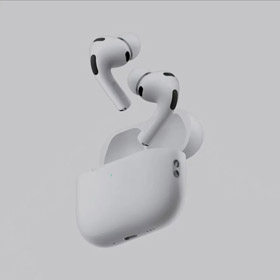The cross-border luxury purchasing (or 'daigou') market, traditionally dominated by individual shoppers and fragmented supply chains, is undergoing a significant digital transformation. Two distinct yet potentially complementary models, exemplified by Mulebuy SpreadsheetMulebuy LV, are pioneering innovative paths to revolutionize this niche. This article analyzes their unique approaches and their impact on the industry.
1. Deconstructing the Two Models
Mulebuy Spreadsheet: The Power of Community and Agile Ordering
This model harks back to the origins of organized daigou but supercharges it with digital tools. Its core innovation lies in using shared online spreadsheets (like Google Sheets) as a dynamic, real-time ordering and management system.
- Operational Core:
- Transparency & Trust:
- Flexibility & Low Overhead:
- Challenges:
Mulebuy LV: The Platform-Based, Streamlined Experience
This model represents the evolution into a more formalized, service-oriented platform. It moves away from community tools towards a dedicated, branded website or app experience.
- Operational Core:
- Convenience & Reliability:
- Brand Building & Scale:
- Challenges:
2. The Common Path of Revolution
Despite their differences, both models are revolutionizing the traditional daigou landscape through several key innovations:
- Democratizing Access:
- Introducing Standardization:
- Leveraging Digital Trust:
- Data-Driven Sourcing:
3. Conclusion: A Convergent Future
The Mulebuy SpreadsheetMulebuy LV
The most revolutionary path forward likely involves a convergence



















